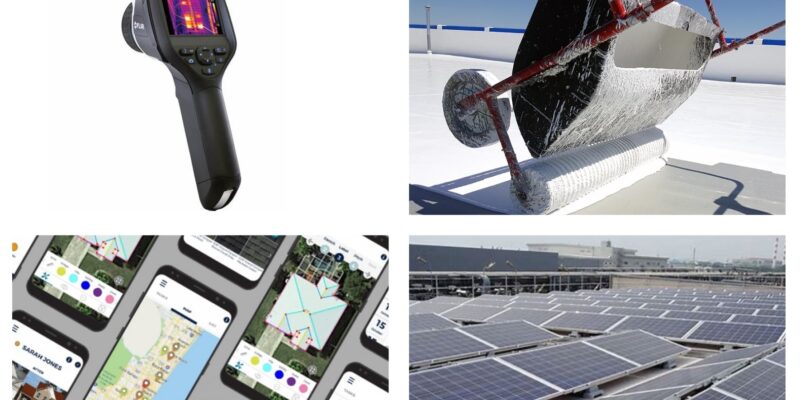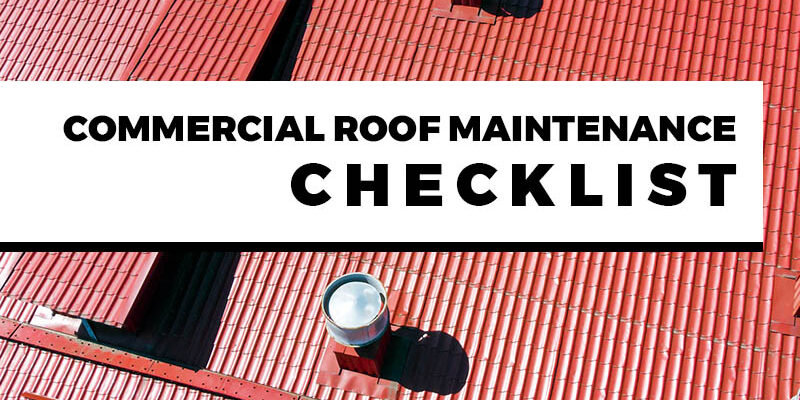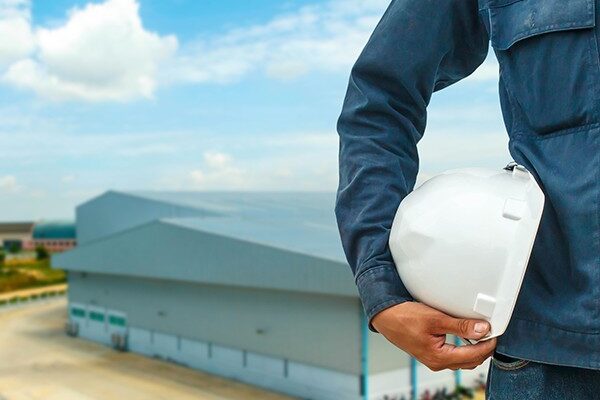Even as Cole Roofing has passed the 100-year mark, new technologies for an older industry still
evolve. Here are a few to deploy:
1. Drones for roofing inspections: Commercial roofing companies can use drones equipped with cameras to conduct roof inspections. This can reduce the time and cost associated with traditional roof inspections and provide more accurate data for decision-making.
2. Thermal imaging cameras: These cameras can be used to detect moisture and energy loss in commercial roofs. This can help identify potential issues before they become major problems.
3. Roof coatings: Advanced roof coatings can reflect sunlight and reduce the temperature of the roof, resulting in lower energy costs and increased durability of the roof.
4. Solar roofing: some commercial roofing companies offer solar roofing solutions that generate electricity and reduce the energy costs for their clients. Our associated company, Gordian Energy Systems can provide you with a complete assessment of your roof’s fit for solar.
5. Mobile apps: Roofing companies can develop mobile apps for their clients to make it easier to schedule appointments, track the progress of their project, and communicate with the roofing company.
Implementing new technology can help commercial roofing companies improve their services, reduce costs, and improve customer experience.




